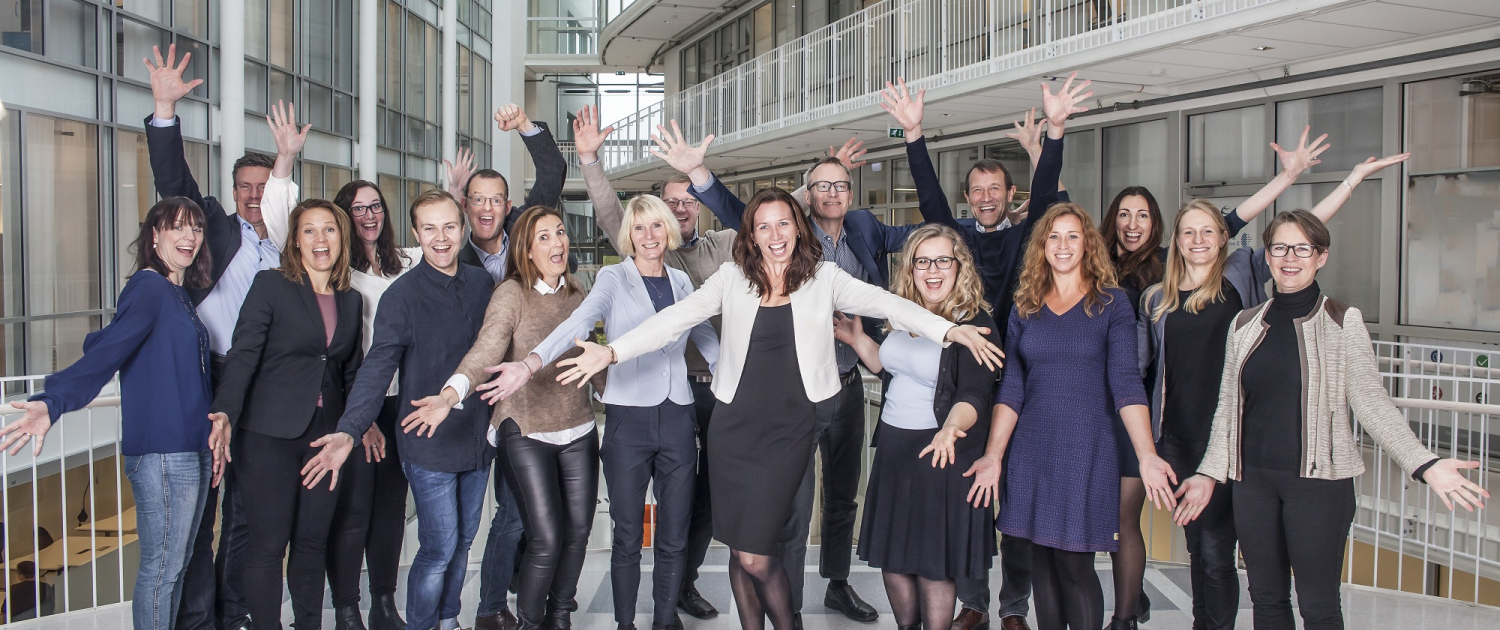State budget: 61,3 million to personalized medicine

Funds for personalized medicine, clinical trials, mature clusters, and digitalisation – these are some of the main points for cancer innovation in the newly released state budget.
In this week’s state budget, the Norwegian government increases the funding for personalized medicine with NOK 30 million to a total of NOK 61,3 million.
NOK 25 million will be used to establish precision diagnostics with advanced molecular profiling in the hospitals, which will give cancer patients a more precise diagnosis. This is also an important requirement for cancer patients to participate in clinical trials.
“The infrastructure for precision diagnostics will improve Norway’s ability to attract clinical studies internationally, it will give more cancer patients the opportunity to participate in clinical trials and it will provide valuable data for further research,” said Ketil Widerberg, general manager of Oslo Cancer Cluster.
The remaining funds for personalized medicine will be used to build competences and begin to establish a national genome centre.
More funding for clinical trials
The Norwegian government announces NOK 75 million to health innovation and clinical studies. The establishment of NorTrials, which will be a partnership between industry and hospitals on clinical studies, will receive NOK 30 million. NorTrials will offer a one-stop-shop for small- and medium-sized enterprises in the health industry and for public institutions that want to conduct clinical trials in Norway.
“Oslo Cancer Cluster has long worked for the establishment of a partnership model for clinical studies between industry and public actors. It is great to see this important aspect addressed in the state budget,” said Widerberg.
More information about NorTrials and the infrastructure for precision diagnostics will be announced in the Action Plan for Clinical Studies, to be presented in December 2020.
As a follow-up to The White Paper on the Health Industry, the Norwegian government also proposes to establish a scheme to improve collaboration between industry and public institutions on health innovation, called Pilot Helse (Pilot Health). This scheme will receive NOK 20 million in funding.
100 million for Norwegian export
A total of NOK 100 million will be used for strategic investments in export opportunities. Most of these funds, NOK 75 million, will go directly to the new unit Business Norway. Another NOK 20 million will strengthen the Norwegian mature clusters through Innovation Norway’s cluster programme. The remaining NOK 5 million will support Norwegian cultural export.
“The mature clusters can assume a central role in creating export opportunities for Norwegian industry abroad. The aim for Oslo Cancer Cluster is to put Norwegian health industry on the agenda internationally, and develop a leading European cancer innovation centre,” said Widerberg.
Greenlight for Horizon Europe
In 2021, an impressive NOK 40,9 billion will be used for research and development, which is 1,1 per cent of Norway’s total BNP.
The government also announced that Norway will participate in the EU programme Horizon Europe. The programme will replace Horizon 2020 and covers the period 2021-2027. It has a total budget of 75,9 billion euro over the entire period.
“It is important for Norwegian industry to participate in Horizon Europe, it brings access to novel knowledge and capital, and encourages cross-disciplinary collaboration, which is essential for cancer innovation,” Widerberg commented.
A new data factory
The budget for digitalisation will be doubled next year: NOK 1,5 billion is set aside. NOK 56,2 million will be used for Norwegian participation in the Digital Europe Programme, which will give Norwegian businesses access to skills and resources in the areas of artificial intelligence, supercomputers, IT security and advanced digital competency.
Another NOK 16 million goes to the creation of a “Data Factory”, which will be set up by The Agency for Digitalisation in cooperation with Digital Norway. The Data Factory will provide services that will help small companies to develop business ideas and create value from data.
At the same time, the newly established Health Analysis Platform, which will make it easier for scientists to conduct research on health data, gains another NOK 35 million.
“There is a massive unleashed potential in Norwegian health data, to create value for both industry and patients. Important hurdles and opportunities are addressed; however, we see the need for even more efforts to understand and treat illnesses like cancer better in the future. With the help of digital tools, we can develop new cancer medicines in 5 instead of 10 years,” Widerberg commented.






